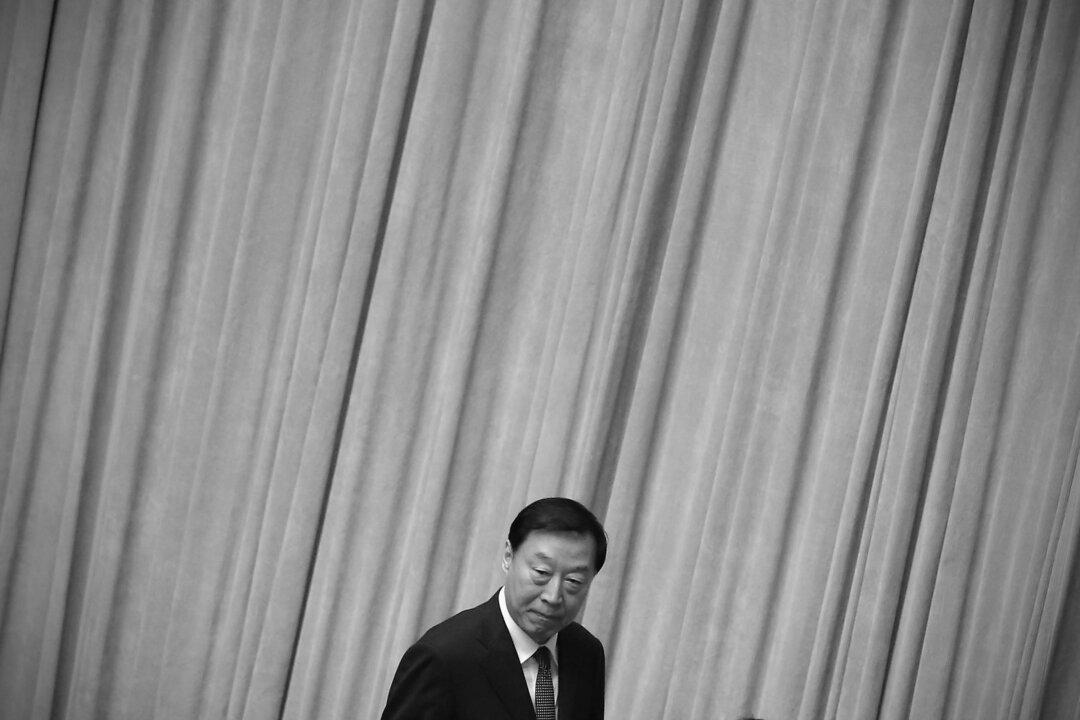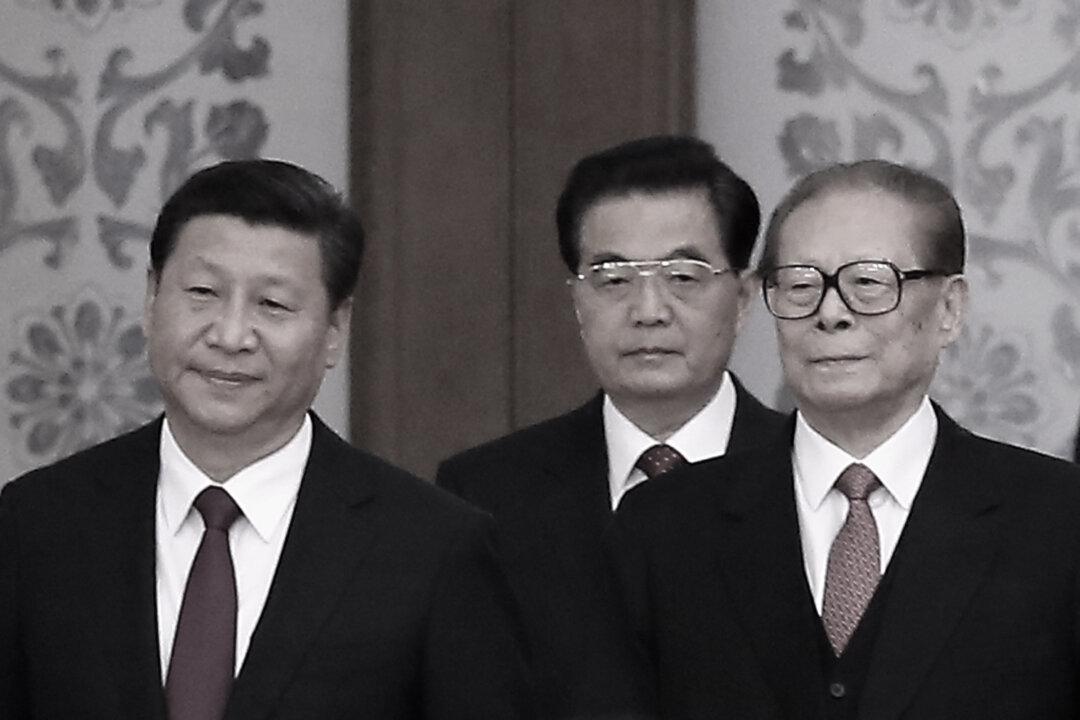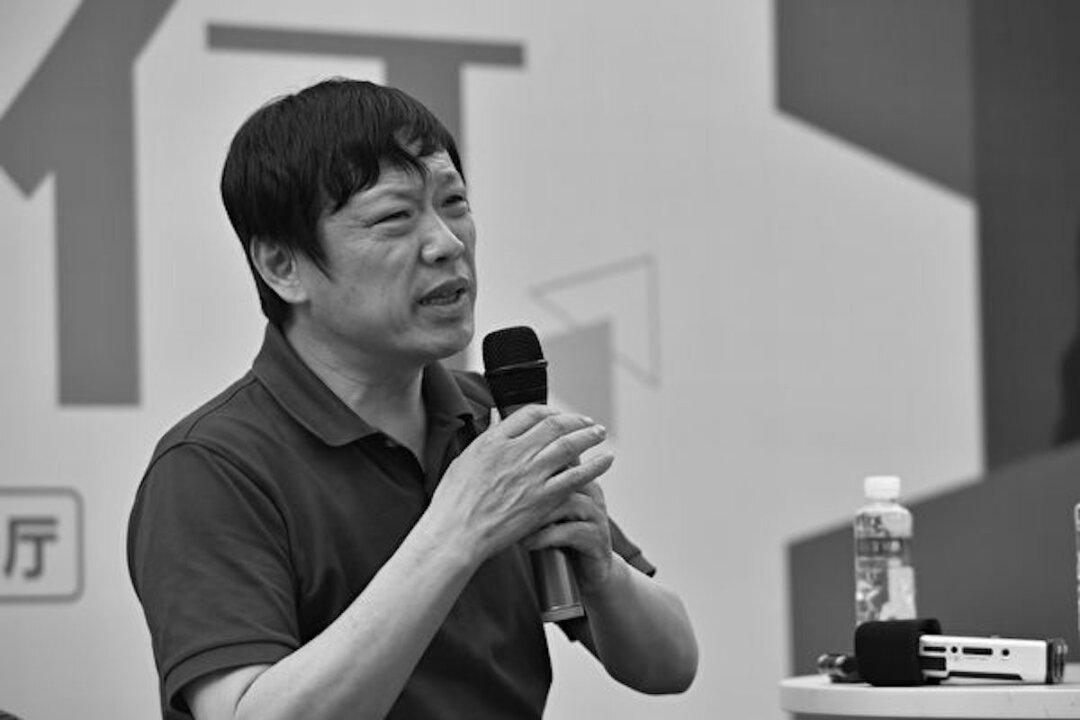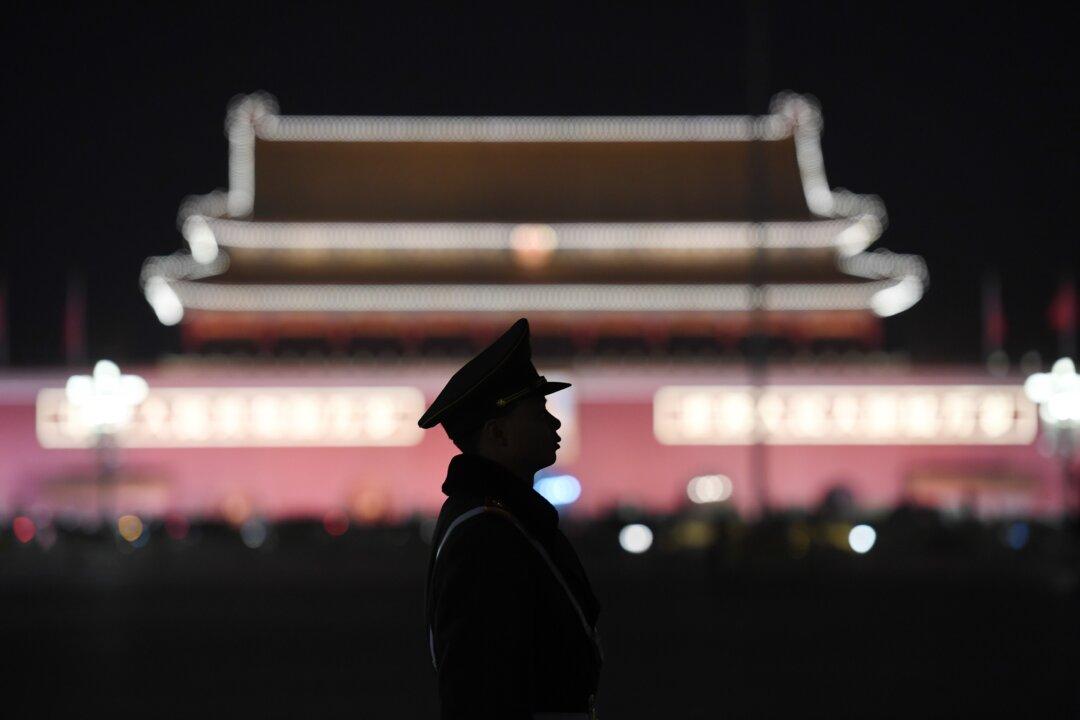Officials from Jiangsu, a province off China’s east coast, have been quietly resisting Chinese leader Xi Jinping’s anti-corruption measures, according to a source familiar with highly-placed officials in the province.
Jiangsu’s provincial Communist Party Committee, provincial government, provincial Organization Department, and provincial Department of Education in particular are guilty of ignoring instructions on anti-corruption matters handed down from Xi’s leadership in Beijing, the source said.
Jiangsu officials are of the opinion that “the central government can write and issue what they will,” but they “won’t shout, sing, and definitely won’t disseminate” the information, the source added.
The source said that the Jiangsu provincial authorities withheld three specific Central Organization Department documents—[2012] no. 31, [2013] no. 18, [2014] no. 11—from local work units. This newspaper was able to verify that the documents were available on the official websites of other areas, but found no evidence that they had been placed on Jiangsu government websites, which would indicate that they had been promulgated in Jiangsu.
Two of the documents contained rules for retired senior cadres. For instance, Party cadres are forbidden from taking up a paying job in an industry that they formerly oversaw within the first three years of their retirement.
“As for the central government’s anti-corruption work, many Jiangsu officials merely pay lip service, and instead put up severe resistance,” the source said. “This has resulted in regular citizens openly voicing their displeasure against the government.”
The source singled out the present Party committee secretary of Sanjiang University as an example of how disciplinary policies were flouted.
Sanjiang University’s Party secretary had been retired from his post in the Jiangsu Education Department for a year when the Jiangsu Party Committee appointed him to the university, a private higher education institution. The Party secretary then became the highest paid person in the school, and even developed 27 acres of land owned by the school into commercial housing for his personal profit.
From the Sanjiang University’s website, the school’s current Party secretary and executive vice president is Cong Maolin, a 66-year-old former deputy director in Jiangsu’s education department. Cong joined the school in February 2013. The retirement age for men in China is 60; only senior Party cadres are allowed to work until 65.
Jiangsu Province is a known stronghold of the political faction headed by Jiang Zemin, the former Communist Party leader. Jiang and Zhou Yongkang, the disgraced security czar and key Jiang ally, are both natives of Jiangsu. Luo Zhijun, the Party secretary of Jiangsu from December 2010 until he was purged in June 2016, is also in league with Jiang Zemin, according to the source.
Since taking office in 2012, Xi Jinping has been trying to eliminate Jiang’s faction and consolidate his power through the anti-corruption campaign. Jiang allies had planned to displace Xi in a coup, a move that Xi has alluded at when publicly criticizing men like Zhou Yongkang and Bo Xilai for having “inflated political ambitions, paid lip service, formed cliques and cabals, and other political conspiracy activities.”




